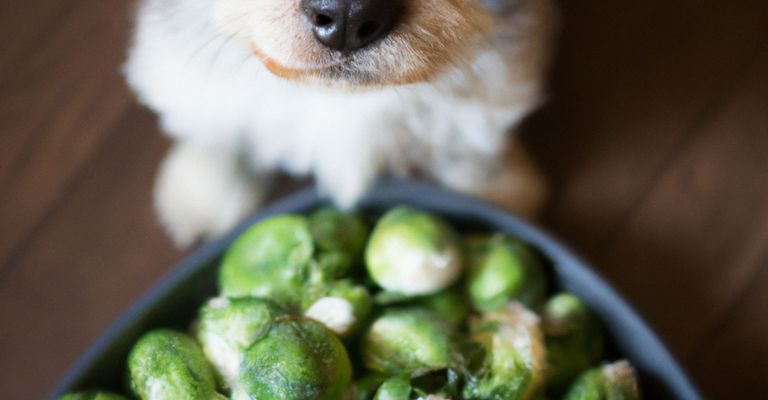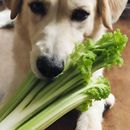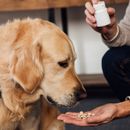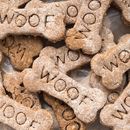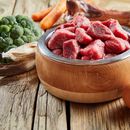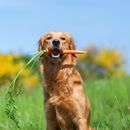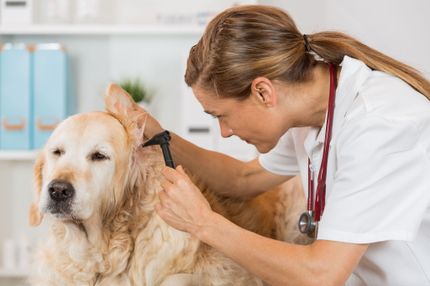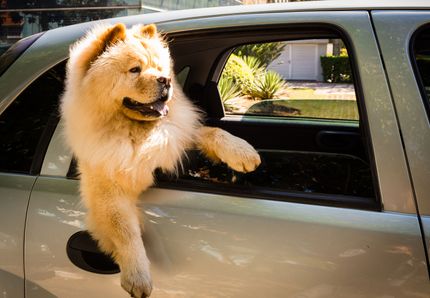It's understandable that you want to know which foods are safe for your four-legged friend. Today, we'll take a look at whether Brussels sprouts are one of the safe foods for dogs.
Brussels sprouts: a healthy vegetable for dogs too?
Yes, Brussels sprouts (also called: cabbage sprouts in Austrian) are in principle safe for dogs to eat and may even offer some health benefits. It is rich in vitamins, minerals and antioxidants that are beneficial for both humans and dogs.
Be careful with quantity
As with many things, the same is true here: The dose makes the poison. Too much of Brussels sprouts can cause bloating in your dog. So, when giving your dog Brussels sprouts, start with small amounts and watch how he responds. If all goes well, you can slowly increase the amount.
The right preparation
If you want to give your dog Brussels sprouts, it's best to cook them without spices. Spices like onions and garlic can be toxic to dogs. Also avoid salt or butter. Cooked Brussels sprouts are easier for dogs to digest than raw ones.
Possible side effects
As mentioned earlier, too much Brussels sprouts can cause bloating. In rare cases, dogs may also exhibit diarrhea or vomiting. If you notice such symptoms in your dog after eating Brussels sprouts, it's best to consult a veterinarian.
Brussels sprouts can be a healthy addition to your dog's diet, as long as you feed them in moderation and take care to prepare them properly. It's always good to introduce new things to your pet's diet slowly and watch the reaction. And if you are unsure, always talk to your veterinarian before introducing new foods into your dog's diet.
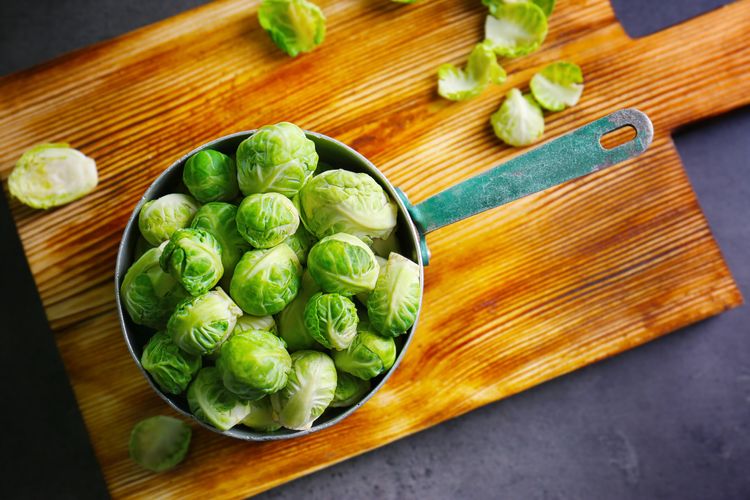
What other vegetables and cabbages are okay for dogs?
Carrots
Carrots are not only crunchy and delicious, they are also rich in vitamins and fiber. They can be given raw, cooked or even frozen as a snack.
Green beans
These are low in calories and rich in vitamins. They can be fed cooked or raw, but make sure they are unseasoned.
Zucchini
Another low calorie vegetable that is safe for dogs. It can be served raw or cooked.
Peas
Fresh or frozen peas (not canned because of the salt content) are a good source of vitamins for dogs.
Spinach
Although spinach contains oxalates that can be problematic in large amounts, it is a good supplement in small amounts and occasionally.
Broccoli
In small amounts, broccoli can be safe for dogs. However, too much of it can cause stomach upset.
Cauliflower
Similar to broccoli, cauliflower can be fed in moderation and is a good source of vitamins.
Sweet potatoes
They are rich in beta-carotene and can be fed cooked (not seasoned).
Other cabbages
In principle, many types of cabbage such as white cabbage or savoy cabbage can be safe for dogs in small amounts. But as with Brussels sprouts, they can also cause gas, so be careful with the amount.
What you should avoid
Some vegetables are not safe for dogs and should be avoided. These include onions, garlic, raw potatoes and eggplant. These can be toxic to dogs and cause health problems.
Final tip.
When introducing new vegetables to your dog, always start with small amounts and watch how he reacts. Not every dog is the same, and what is good for one may cause stomach upset in another. Whenever you're unsure, it's a good idea to consult your veterinarian.
